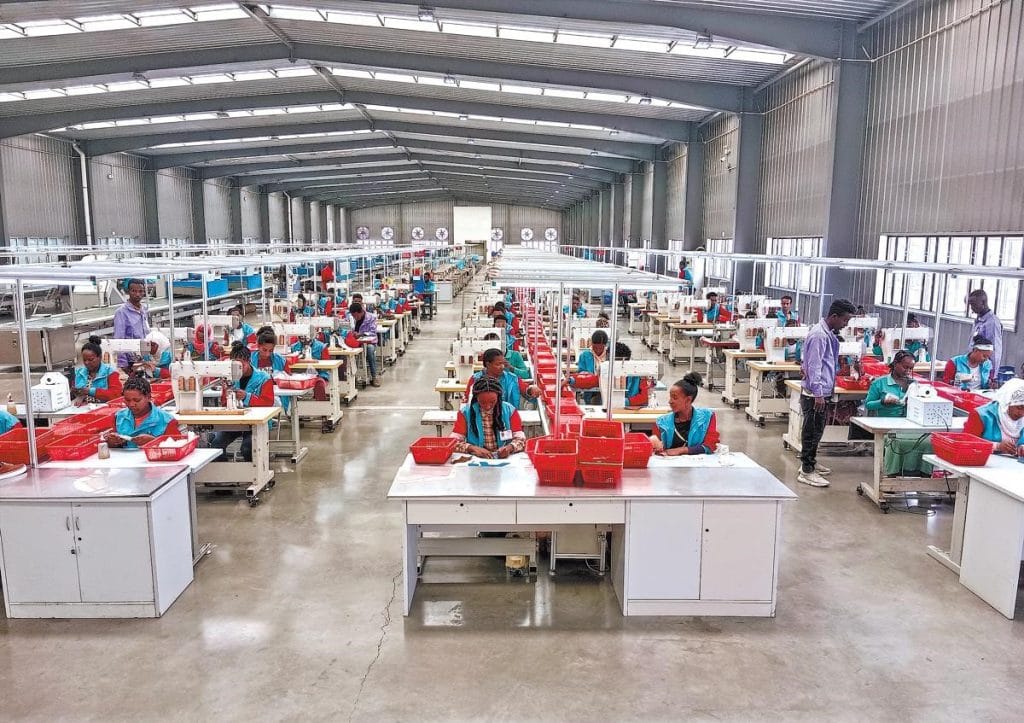Over the past decade, Ethiopia has become an unexpected player in the global footwear industry — thanks in part to major foreign investments like the one from China’s Huajian Group. Founded by former soldier and shoemaker Zhang Huarong, the company has played a pivotal role in transforming Ethiopia’s leather export landscape. However, behind the success story lies a more complicated reality.
A Fast Track to Expansion
Huajian entered Ethiopia in 2011 after an invitation from the Ethiopian government. Within just three months, the company set up its first factory, trained over 100 Ethiopian workers in China, and began production. Today, the company accounts for over 60% of Ethiopia’s shoe exports and nearly a third of its leather exports.
Many young Ethiopians like Esrael Etefa joined the company fresh out of university. With training opportunities in China and a stable income, some employees have managed to climb the ranks and improve their living standards. “I’ve gained skills and now speak Chinese fluently,” says Esrael, now a department head. “I’m financially stable and building a life here.”
The Other Side: Labor Concerns Surface
Yet, not all workers share the same experience. Labor rights groups and former employees have raised concerns about low wages, long hours, and limited union protections in Huajian’s Ethiopian factories.
According to several workers interviewed anonymously, daily shifts can stretch beyond 10 hours, with little room for rest or overtime pay. While wages are higher than in many rural jobs, they often remain below the cost of living in urban centers like Addis Ababa.
“There’s no clear channel to raise complaints,” one worker said. “If someone speaks up, they may not be fired directly, but their contract might quietly not be renewed.”
Others point to language barriers and cultural gaps between Chinese supervisors and local staff as sources of misunderstanding and frustration. In some cases, Chinese managers have reportedly struggled to adapt to local labor laws or expectations around worker treatment.
Economic Impact vs. Ethical Practices
Huajian’s investment — reportedly over $150 million — has drawn international attention and visits from dozens of heads of state and investors. Ethiopia’s government has praised the company’s role in creating thousands of jobs and boosting exports.
But some analysts urge caution in viewing this as a model. “The presence of large foreign firms doesn’t automatically mean long-term development,” said an Ethiopian economist from Addis Ababa University. “It depends on how local workers are treated, how skills are transferred, and whether profits are reinvested in the country.”
A Complex Future
Huajian Group has made visible contributions to Ethiopia’s industrial growth. Yet, as the country aims to become a manufacturing hub, balancing economic progress with labor rights will be essential. Ensuring that industrialization doesn’t come at the cost of local dignity and fairness is a test not just for foreign investors — but for Ethiopia itself.



